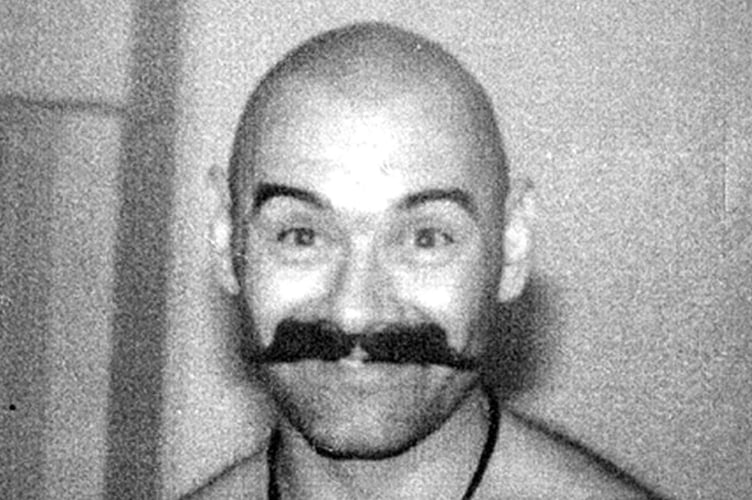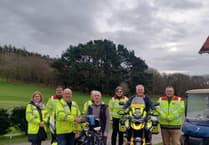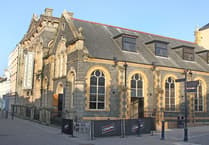NOTORIOUS prisoner Charles Salvador, who has family in Aberystwyth, has become the UK’s first prisoner to formally ask for public parole board hearing after the rules were changed.
Reforms which came into force this week mean parole hearings could take place in public for the first time.
Known as Britain’s most dangerous prisoner, he went to prison for seven years in 1974 for armed robbery, and has regularly had his sentence extended for crimes including hostage-taking and attacking prison guards.
Charles Bronson, 70, who has now changed his surname to Salvador, has a mother in Aberystwyth and a brother in Talybont and has said he would like to move back to the area on release.
His mother, Eira Peterson, is from Aberystwyth and he spent time in the town where his father ran the local Conservative club.
The change allows case reviews – which determine if an inmate should be freed from jail or stay behind bars – to be opened up to victims and the press.

The Parole Board said a request for the 70-year-old’s case to be heard in public has been received and will be considered. It is understood the application was made on his behalf.
A date has not been set for his next parole review, although it is believed it could be later this year or early in 2023. It is not known how long it will take for the Parole Board to decide on whether the hearing can be held in public.
A Parole Board spokesperson said: “The new Parole Board rules make it possible for parole hearings to be held in public for the first time in some cases where it is in the interest of justice to do so.
“It is important to state that the normal position will be for parole hearings to remain in private to ensure that witnesses are able to give their best evidence and that victims are not put in a position that could lead to re-traumatisation.”





Comments
This article has no comments yet. Be the first to leave a comment.